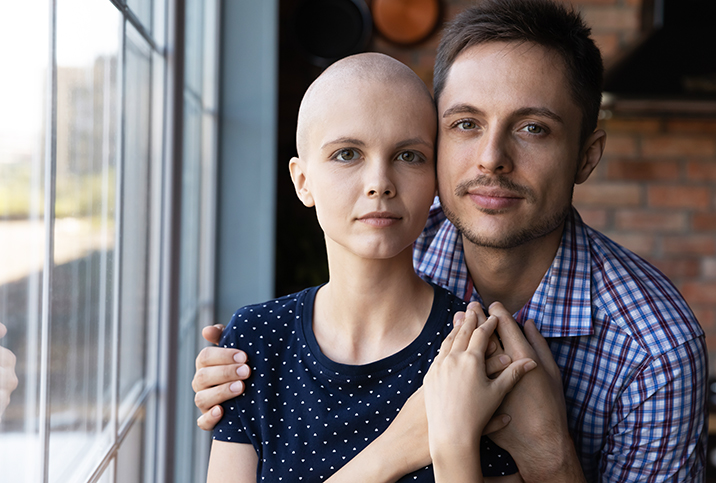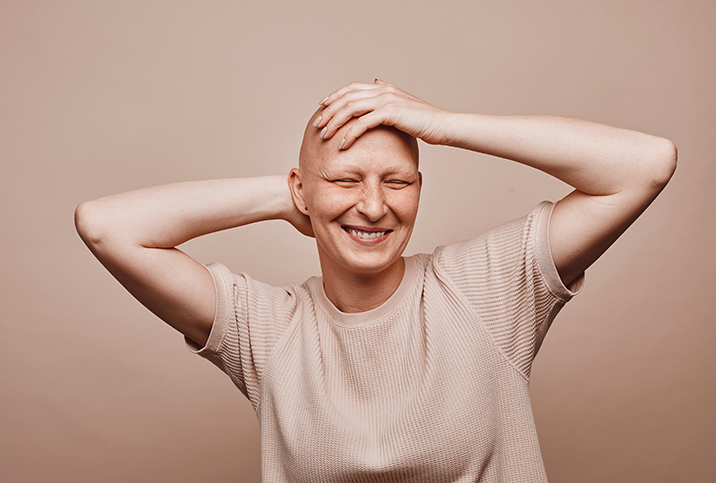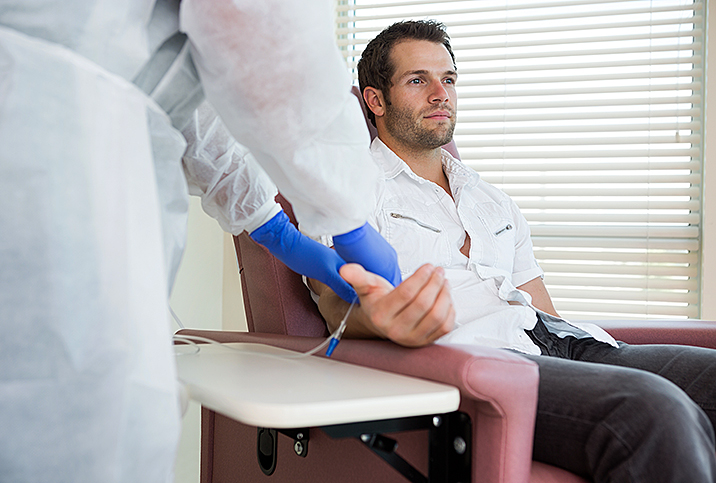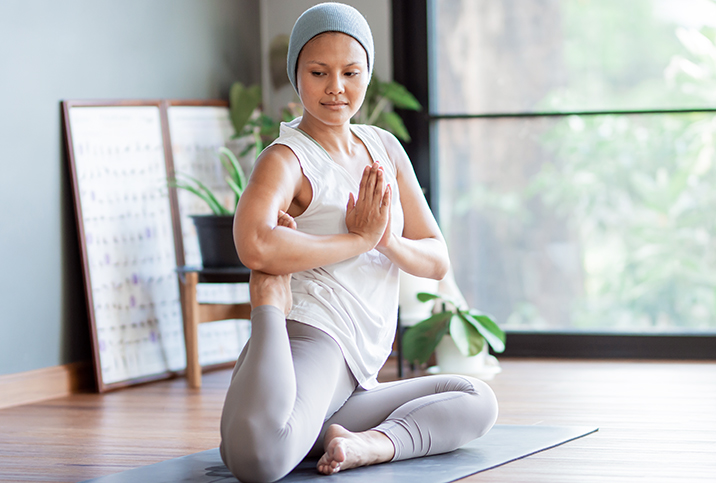Coping With Chemo

Just like cancer, chemotherapy can affect you mentally and physically, which makes it hard to perform your daily activities.
Patients react differently to chemotherapy based on their genetic makeup and the chemotherapy drugs used for their specific treatment regimen. Because of those differences, it's important not to compare your treatment journey with someone else's. Thanks to advances in technology, there have been improvements in how to deal with the side effects of chemotherapy.
Some patients experience more adverse side effects than others. For some, effects kick in immediately, while others might not react for several hours or even days after treatment. And some patients don't experience any side effects at all.
If you are undergoing chemotherapy, consult your doctor, and they will advise you on the best course of action to mitigate any side effects you might experience.
Common side effects of chemotherapy
Common side effects of chemotherapy include:
- Hair loss
- Pigmented and brittle nails
- Throat and mouth ulcers
- Diarrhea
- Vomiting
- Inability to taste
- Lowered immunity
- Acne and rashes
Tips on coping with chemotherapy
Adjust your lifestyle to help alleviate fatigue
Fatigue is the most common side effect of chemotherapy. Fatigue can be caused by dehydration, chemotherapy drugs and anemia, so it's important to consult your doctor before choosing the best course of treatment. If your doctor rules out other factors, you can proceed with making some lifestyle changes to boost your energy level. These include doing light exercises, such as taking a walk or yoga. Eating a balanced diet and giving your body adequate time to digest food can also help mitigate fatigue.
Eat smaller meals and consider medicine to help with nausea
Nausea is also a common chemotherapy side effect, and can make it hard to digest a meal. Thankfully, there are several anti-nausea drugs your doctor can recommend. Eating small, light meals instead of larger, heavier ones can also help reduce nausea. Another tip is to avoid going for long periods between meals.
Drink plenty of fluids and eat easy-to-digest foods for diarrhea
If you have persistent diarrhea, you should consult your doctor immediately. Also consider consuming easy-to-digest meals, such as yogurt, noodles and eggs, but try to avoid raw fruits and vegetables, which are hard to digest. Fatty foods should also be avoided. Diarrhea leaves you dehydrated, so drink lots of fluids to replenish, including water and fresh juices.
Take steps to prevent constipation
In addition to drinking a minimum of eight glasses of water daily, fresh fruit juices can help with constipation. You should also consume foods rich in fiber, such as fresh fruits and vegetables, whole-grain bread and cereals. Moving around often can also help prevent constipation.
Consider a wig to boost self-confidence
Hair loss can negatively impact a patient's self-esteem. Investing in a beautiful wig can help you get your confidence back on track, and wearing colorful scarves and hats can also help uplift your mood.
Avoid exposure to infection
Chemotherapy lowers white blood cells in the body, which makes patients susceptible to other infections. As much as possible, avoid large crowds, wash your hands regularly with soap and water, and cover your nose and mouth with a mask when heading out. Remember to wash your fruits and vegetables thoroughly with warm water before eating, and store them in a clean place.
Get emotional support
Chemotherapy can cause forgetfulness, anxiety and uncertainty about the future. If you are suffering from any of these or other emotional challenges, you should reach out to a loved one. If you are unsure you'll get support from them, consider speaking to a qualified therapist who can help you on the road to recovery. Remember, you're not alone in this fight.


















